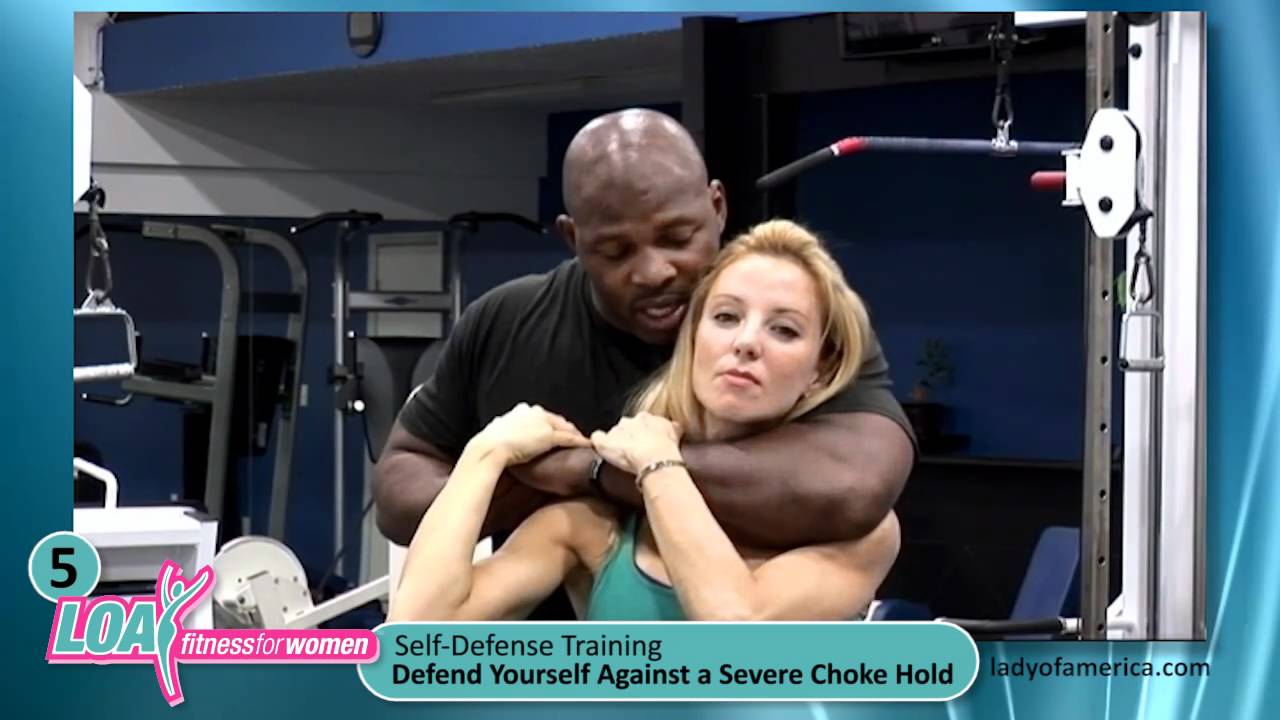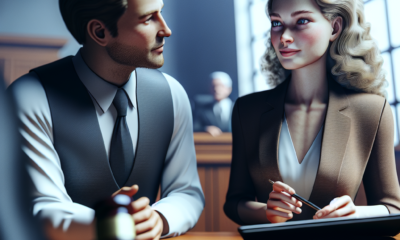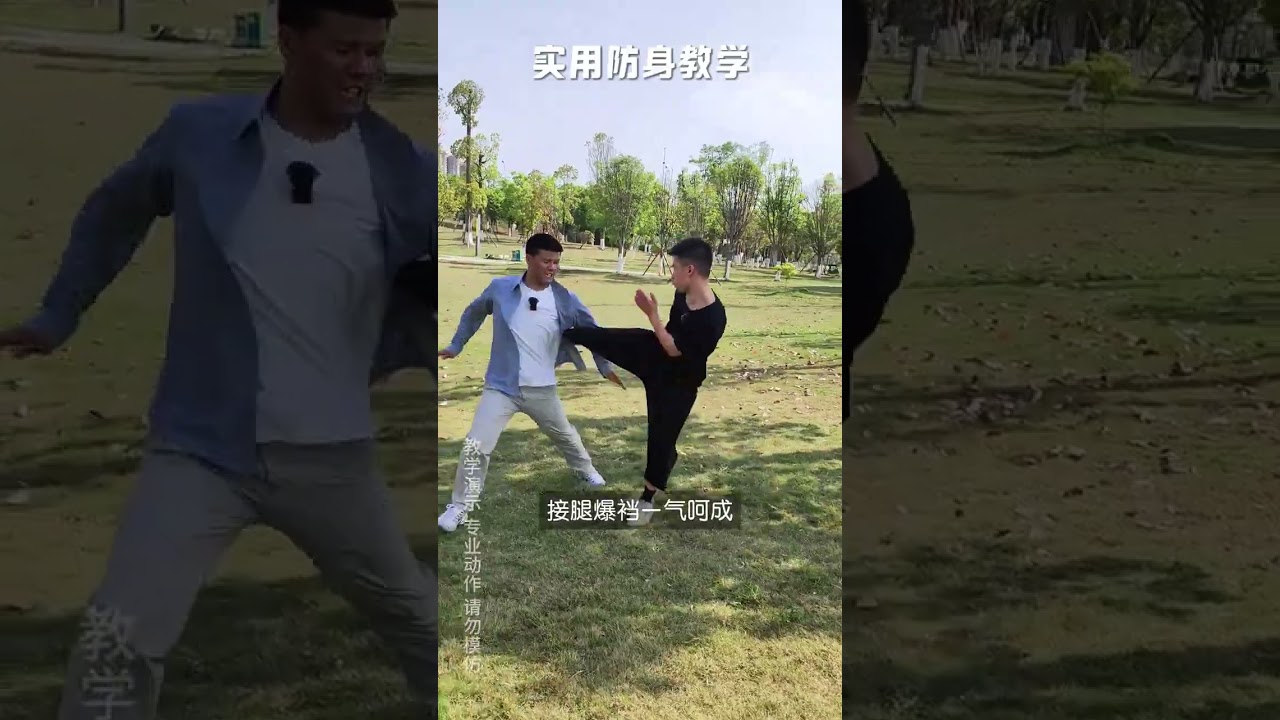Womens Self Defense
Defending Yourself: The Importance of Legal Aid in Self-Defense Cases

Introduction
Self-defense is a fundamental human right, allowing individuals to protect themselves when faced with imminent harm. However, navigating the legal system after exercising this right can be complex and daunting. Legal aid plays a crucial role in these scenarios, ensuring that individuals have access to the necessary resources to mount a robust defense. This article explores the significance of legal aid in self-defense cases, highlighting its impact on justice, equity, and public safety.
Understanding Self-Defense
Self-defense laws vary widely across different jurisdictions, but they generally allow individuals to use reasonable force to protect themselves from imminent threats. Factors such as the perceived danger, the level of force used, and the circumstances surrounding the incident are all scrutinized in court. Because interpretations of self-defense can be subjective, legal representation becomes essential in effectively navigating the legal intricacies of these cases.
The Role of Legal Aid
Ensuring Access to Justice
Legal aid provides essential services to individuals who cannot afford private legal representation. This is crucial in self-defense cases, where the stakes are high, and the potential consequences—such as criminal charges or civil liabilities—can profoundly affect a person’s life. Legal aid organizations help ensure that every individual, regardless of their financial situation, can present their case fairly in court.
Expertise in Legal Matters
Law is intricate and constantly evolving. Self-defense laws can be particularly complex, with varying standards and procedures. Legal aid attorneys often specialize in criminal defense, making them well-equipped to handle self-defense cases. They can provide crucial guidance on the legal standards that must be met and help clients understand their rights and options.
Investigation and Case Preparation
Successful legal defense often hinges on thorough investigation and preparation. Legal aid organizations can afford resources to gather evidence, interview witnesses, and develop a narrative that supports the claim of self-defense. This preparation can make a significant difference in the outcome of a case—especially when emotions run high and personal biases come into play.
Challenges Faced in Self-Defense Cases
Despite the importance of legal aid, many individuals still encounter challenges:
Stigmatization and Societal Perceptions
Cases involving self-defense can be particularly stigmatized, especially if they involve violence or fatal outcomes. Legal aid lawyers not only address the legal issues but also help clients navigate public perceptions, counsel them on media interactions, and shield them from undue scrutiny during the legal process.
Resource Limitations
Many legal aid organizations operate with limited resources, leading to high caseloads for attorneys. This can affect the level of personalized attention a client receives, making it imperative for these organizations to prioritize cases effectively to ensure that those facing serious allegations, like self-defense claims, receive the support they require.
Legislative Gaps
In some areas, legal aid services may not cover all aspects of self-defense cases, particularly in civil suits or in jurisdictions with limited funding for public defense. Advocating for legislative changes that enhance legal support for self-defense cases is crucial for ensuring broader access to justice.
The Impact of Legal Aid on Outcomes
Research indicates that access to legal representation, including through legal aid, can significantly improve outcomes in self-defense cases. When defendants are adequately represented, they are more likely to receive fair trials, reduced charges, or even acquittals. This not only benefits individuals but also fosters a more equitable legal system, reinforcing the principle that justice should be accessible to all.
Conclusion
The importance of legal aid in self-defense cases cannot be overstated. It serves as a vital lifeline for individuals navigating the complexities of the legal system after invoking their right to self-defense. By ensuring access to justice, offering expertise, aiding in thorough case preparation, and addressing societal challenges, legal aid plays an essential role in the legal landscape. Ensuring robust support for legal aid organizations is not only a matter of individual rights but also an investment in a more equitable and just society.
Womens Self Defense
Uniting for Justice: Community Organizations Push for Stronger Self-Defense Legislation

Uniting for Justice: Community Organizations Push for Stronger Self-Defense Legislation
In recent years, the dialogue surrounding self-defense laws has grown more complex and critical, highlighting the need for a re-examination of legal frameworks that govern individual conduct during life-threatening encounters. As issues of personal safety, inequality, and the right to self-defense collide, community organizations across the nation are uniting to advocate for stronger self-defense legislation that not only protects individuals but also addresses systemic injustices.
The Current Landscape
Self-defense laws vary widely from state to state, resulting in a patchwork of regulations that can often leave marginalized communities under-protected. Some states have “Stand Your Ground” laws which give individuals the right to use force without the duty to retreat when threatened. Meanwhile, others adhere to more traditional “Duty to Retreat” principles, requiring individuals to avoid confrontation when possible. This inconsistency can lead to unintended consequences, particularly for people of color and those from lower socioeconomic backgrounds, who might be disproportionately criminalized in self-defense situations.
The Call for Reform
In response to these disparities, community organizations are rallying for legislative change. Groups focused on social justice, civil rights, and public safety are coming together to craft proposals aimed at reforming self-defense laws. These advocates argue that it is essential not only to ensure the right to defend oneself but also to create an equitable legal framework that reduces bias in how self-defense cases are prosecuted and adjudicated.
Key Proposals
-
Enhanced Training and Awareness: One significant proposal advocates for mandatory training in self-defense laws for both civilians and law enforcement. Understanding the legal implications of self-defense can empower individuals to make informed decisions during high-pressure situations.
-
Bias Review Measures: Community organizations are pushing for legislative measures that require law enforcement to undergo training on implicit bias and the historical context of self-defense laws. This could mitigate the risk of racial profiling and ensure that self-defense claims are evaluated fairly.
-
Legal Support and Resources: Providing legal resources and support for individuals who defend themselves can help level the playing field. Advocates suggest establishing funds or programs that can assist with legal fees for those who may not otherwise afford representation in self-defense cases.
- Community Dialogues: Engaging community members in discussions about self-defense can foster better understanding and cooperation. Organizing community forums to discuss individual rights, responsibilities, and personal safety can build trust and provide critical information.
Building Coalitions
Collaboration is at the heart of this movement. Organizations with differing focuses—such as gun rights advocates, domestic violence shelters, youth mentorship groups, and racial justice organizations—are finding common ground in the belief that self-defense is a fundamental right that must be accessible to everyone.
These coalitions are also crucial in countering misinformation about self-defense laws and their implications. By working together, they can foster a more informed public debate and promote legislation that is both just and effective.
The Path Forward
As these community organizations continue to push for stronger self-defense legislation, the conversation around justice, equity, and individual safety remains crucial. Advocates emphasize that any reform must be carefully crafted to protect the rights of all individuals while also addressing the underlying societal issues related to violence and safety.
In conclusion, the united effort of community organizations in advocating for stronger self-defense legislation reflects a growing commitment to justice that transcends traditional divides. By prioritizing equity and informed discourse, these groups are not only advocating for change in the law but are also championing the dignity and safety of every individual in society. The path to reform may be arduous, but the collective action of committed organizations can drive meaningful change in ensuring that self-defense rights are upheld for all.
Womens Self Defense
Self Defense Training For Women In A Bar Scene Or Walking The Mall — Lady Of America

http://www.ladyofamerica.com This is the last of the Lady of America Fitness for Women self defense training videos. This video is …
source
Womens Self Defense
One Punch Man #Selfdefense #Womens selfdefense #Defeat the enemy with one move #Selfdefens
-

 Womens Self Defense11 months ago
Womens Self Defense11 months agoNew Legislation Empowers Women to Defend Themselves
-

 Self Defense News1 year ago
Self Defense News1 year agoShe was convicted of killing her abusive boyfriend. Now a Maple Grove woman is home awaiting a new trial.
-

 Self Defense News1 year ago
Self Defense News1 year agoSelf-Defense for All: The new Gracie Jiu-Jitsu Pasadena is for everyone | Online Features
-

 Womens Self Defense1 year ago
Womens Self Defense1 year agoTop 5 Self-Defense Techniques Every Woman Should Know
-

 Womens Self Defense7 months ago
Womens Self Defense7 months agoUnderstanding State-by-State Variation in Self Defense Laws
-

 Womens Fitness1 year ago
Womens Fitness1 year agoXtreme Bodyweight HIIT (Lots of Jumping!) | Joanna Soh (Fio Series)
-

 Womens Preparedness1 year ago
Womens Preparedness1 year ago10 essential skills for surviving in the great outdoors
-

 Womens Preparedness1 year ago
Womens Preparedness1 year agoEmpower Yourself: A Guide to Female Survival Planning






